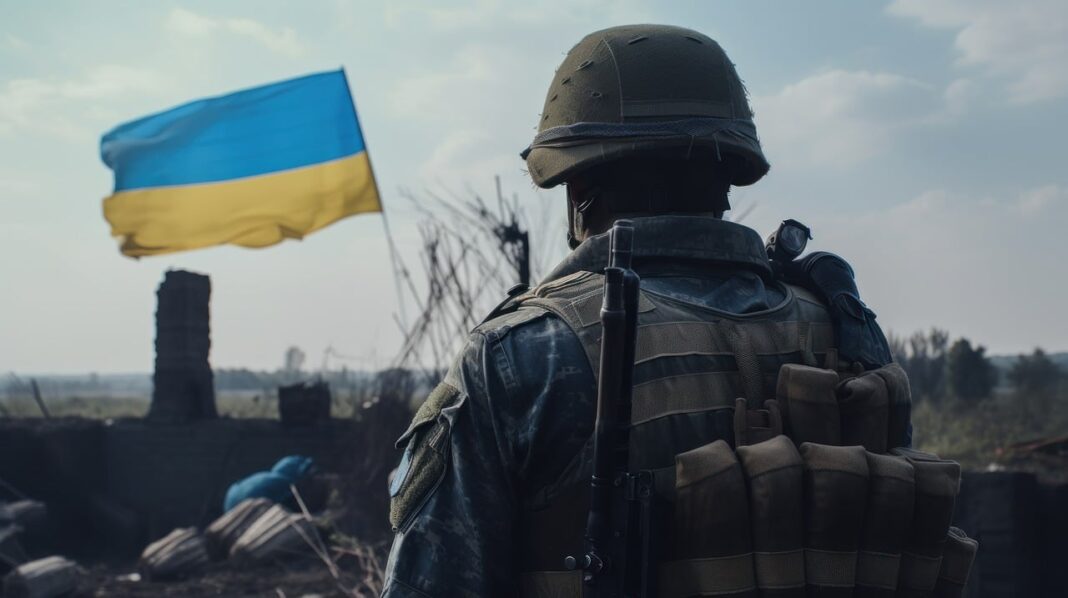Author: Robert Břešťan, HlídacíPes.org
While the past year has seen a significant reduction in the disparity in the quantity of Ukrainian weapon systems and key artillery ammunition, a significant problem persists in the Ukrainian military: a lack of functional mobilisation and thus a shortage of soldiers on the battlefield. Ukraine would like get help in this from the European Union countries.
The fact that the Czech Republic and other European countries would actively assist Ukraine in mobilising men who live abroad and are potentially liable for military duty is not an issue for us, says Tomáš Kopečný, the Czech Commissioner for Reconstruction of Ukraine.
His agenda includes, among other things, the Czech ammunition initiative and the supply of other military material to Ukraine.
Helping refugees from war
As Kopečný says in an interview with HlídacíPes.org, the Ukrainian administration has repeatedly brought the topic of possible assistance with mobilization abroad into the debate with its European partners in recent months.
“They are transferring the topic to foreign partners through media and communication. As if it is the responsibility, or perhaps the fault, of Western states that they are failing to mobilise,” Kopečný says, referring to a series of articles “scandalising French military training, arguing that hundreds of Ukrainian soldiers from a French-trained brigade have deserted”.
“But frankly, that’s a normal number for basically every new Ukrainian brigade. We are addressing this issue with them, but our position is that the Czech Republic is helping refugees before the war and has been extremely successful in terms of integrating Ukrainians into the labour market,” Kopečný says.
The Ukrainian government, he said, is exploring options in Europe to see if and how it could identify men who could be mobilised. “We have roughly 400 000 Ukrainians in the Czech Republic, the vast majority of whom are women, children, or the elderly. The potential mobilisation of young Ukrainians in the Czech Republic would not change anything fundamental. On the contrary, there are still millions of people directly within Ukraine who could be mobilised. This is also what has been addressed in recent months in international communication, especially with the United States, either behind closed doors or in front of the media,” Kopečný points out.
Internal Ukrainian conditions
The reasons for the failure to mobilize in Ukraine, Kopečný says, are internal: “There are age limits, you don’t draft at 18-25 years of age. A lot of areas of the economy are designated as critical infrastructure, it’s very unclear and non-transparent, but it follows that one company has to send its people and another doesn’t. And there are family conditions. It used to be that if you had two or more children you didn’t have to enlist, now it’s three or more. These are the internal Ukrainian conditions that are the real reason for the problems with mobilization.”
According to Kopečný, it is nonsense that the Czech authorities would be actively securing combat-ready Ukrainians in the Czech Republic: “It is inconceivable under any European rule of law that we would extradite people who have been granted temporary protection or asylum or who have a residence permit to a war zone.”

